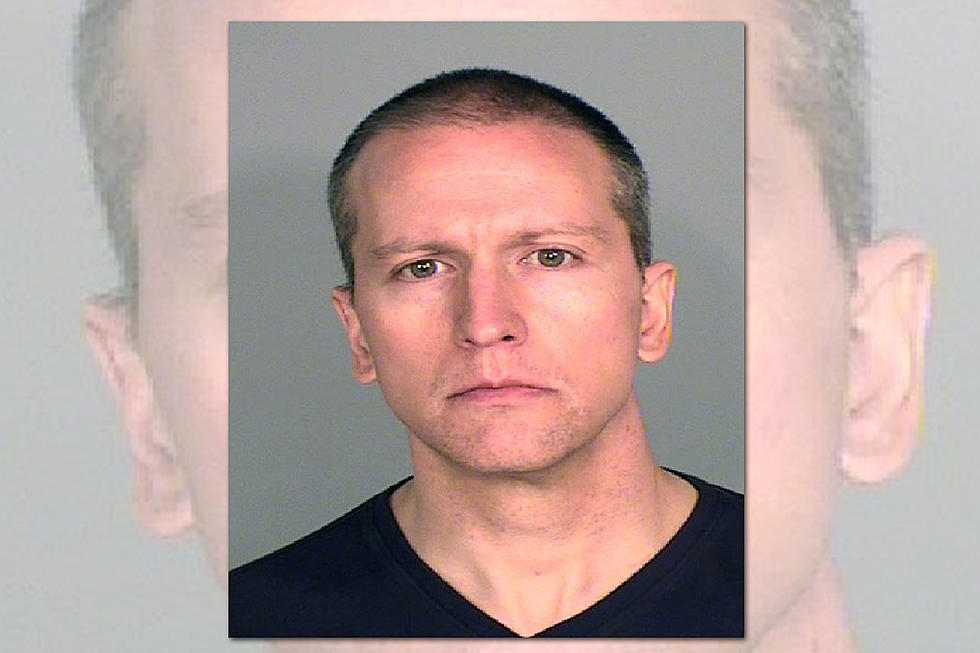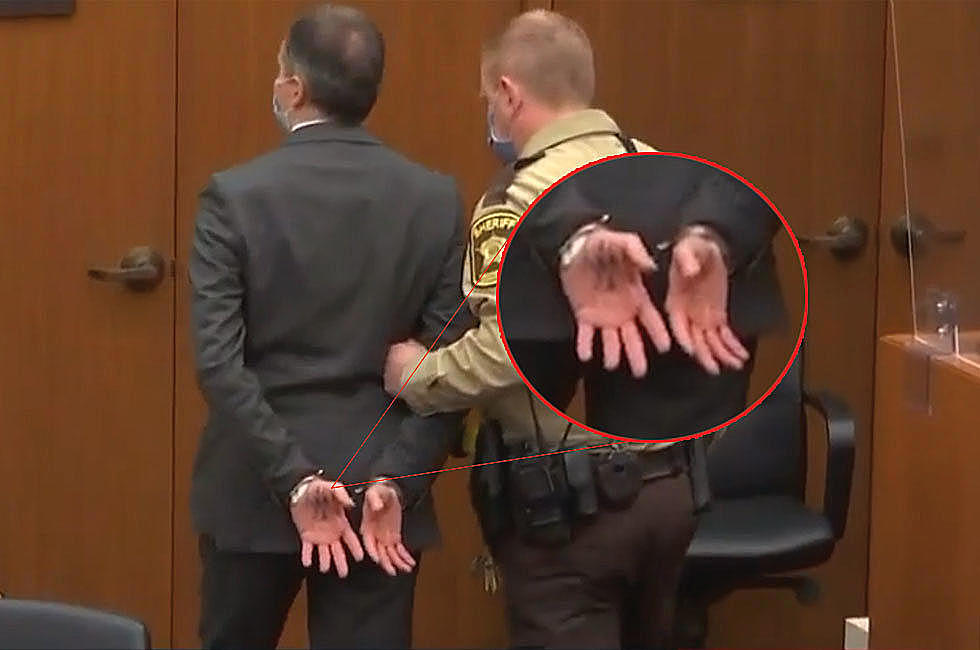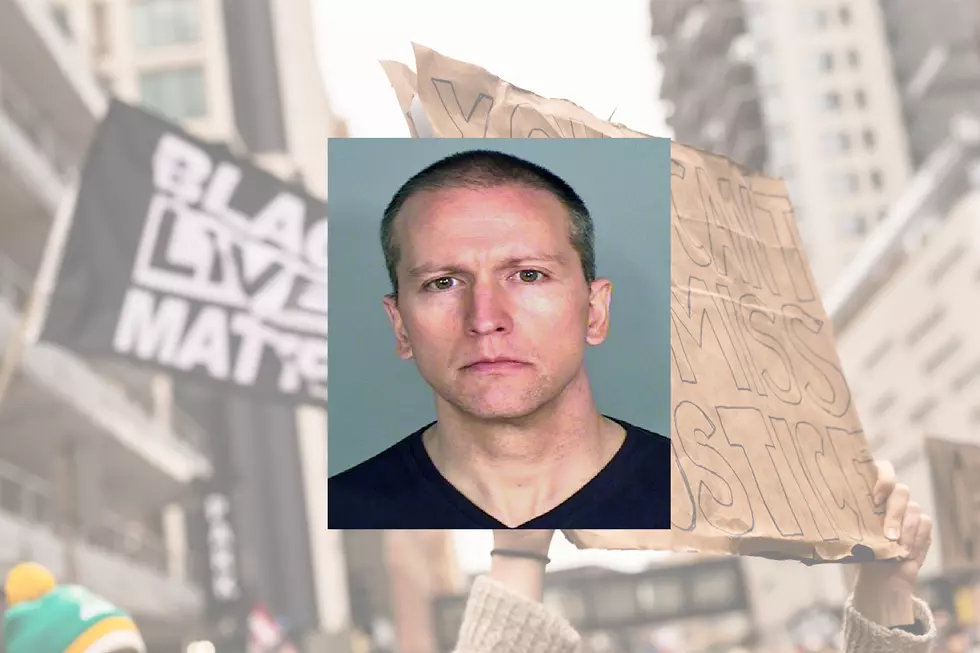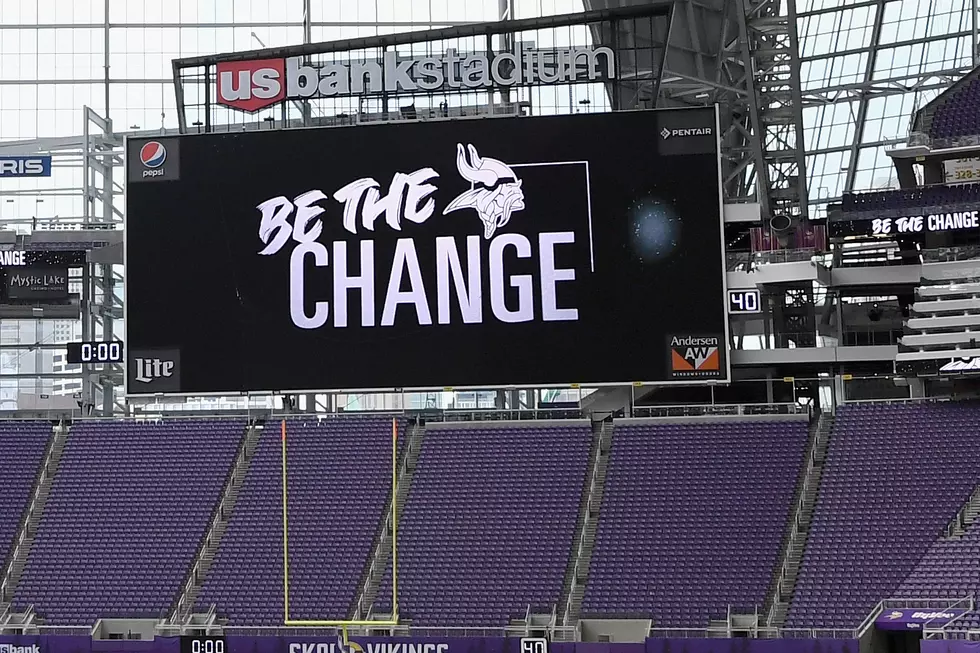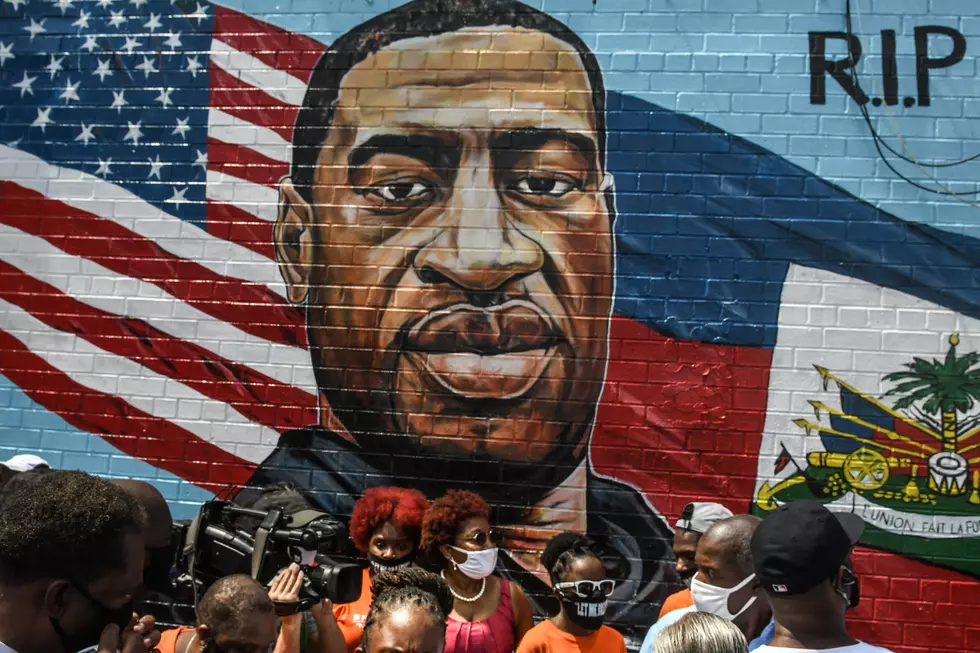
12 Jurors Now Deliberating in the Trial of Derek Chauvin
MINNEAPOLIS (AP) — The jury deliberating in the trial of the former Minneapolis police officer accused in George Floyd's death includes a chemist, a nurse, an auditor and a grandmother. It’s a racially mixed group – with six people who are white and six who identify as Black or multiracial.
Almost all had seen the bystander video of Floyd before the trial, pinned on the street that fanned worldwide outrage. And some have ties to police.
Those who listened through three weeks of testimony said before they were seated that they could set aside any prior views of former Minneapolis police Officer Derek Chauvin's conduct and decide the case based on evidence.
What are Charges Against Chauvin in Floyd death?
The 12 jurors who will deliberate on charges against Derek Chauvin have three counts to consider as they weigh whether he is responsible for the death of George Floyd. Chauvin is charged with second-degree unintentional murder, third-degree murder and second-degree manslaughter in Floyd's May 25 death.
The case comes down to two key questions: did Chauvin cause Floyd’s death and were his actions reasonable? Each charge requires a different element of proof as to Chauvin’s state of mind.
Murder Case in Floyd's Death Goes to the Jury
Twelve jurors are beginning deliberations in a city on edge against another round of unrest. During closing arguments, prosecutors argued that Chauvin squeezed the life out of Floyd by pinning his knee against Floyd's neck last May, ignoring bystanders and common sense. The defense argued that the now-fired white officer acted reasonably and that the 46-year-old Black man died of an underlying heart condition and illegal drug use.
Chauvin Defense Argues He Acted Reasonably
Attorneys and witnesses have used the words “reasonable” or “unreasonable” often at the trial of the former Minneapolis police officer charged with murder and manslaughter in George Floyd’s death. Derek Chauvin’s defense attorney put the concept at the center of his closing argument Monday, the last time jurors will hear from him before they begin deliberating. It’s no coincidence. The concept of reasonableness has been crucial at trials of officers ever since the landmark Graham v. Connor ruling 32 years ago by the U.S. Supreme Court.
Feds Weighing How to Respond After Verdict in Chauvin Trial
The Biden administration is privately weighing how to handle the upcoming verdict in the trial of former Minneapolis Police Officer Derek Chauvin, including considering whether President Joe Biden should address the nation. Aides and officials also tell The Associated Press that the Justice Department is dispatching specially trained community facilitators. Closing arguments began Monday in Chauvin’s trial with a prosecutor telling jurors that the officer “had to know” he was squeezing the life out of George Floyd as he cried over and over that he couldn’t breathe and finally fell silent.
Key Events Since George Floyd's Arrest and Death
George Floyd's death after his arrest by police officers in Minneapolis on May 25, 2020, sparked widespread anger after millions of people saw video of the event. The four officers at the scene were quickly fired and charged in his death. The agonizing bystander video shows Floyd repeatedly crying “I can't breathe" and eventually going still as Officer Derek Chauvin presses his knee on Floyd's neck. The video's release sparked immediate protests and sometimes violent riots nationwide and around the world. Closing arguments are set for Monday in Chauvin's trial on murder and manslaughter charges.
KEEP READING: See changes enacted since George Floyd’s death
More From 98.1 Minnesota's New Country
